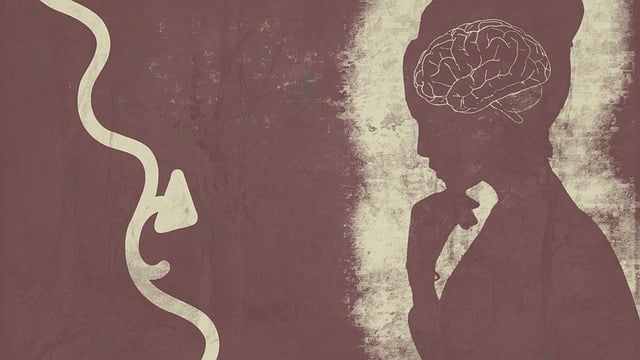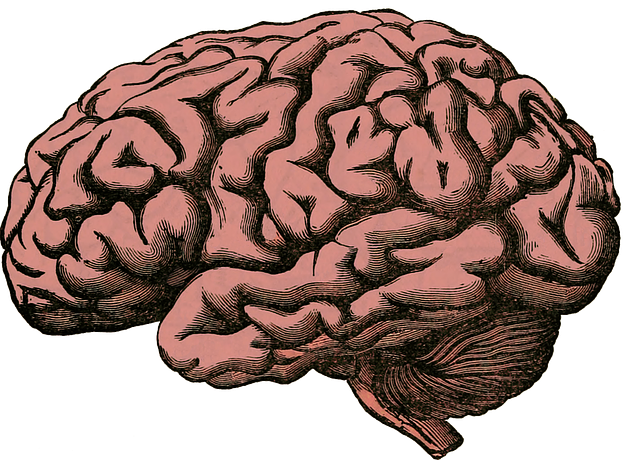Loss and grief significantly impact young adults, especially those with bipolar disorder, causing emotional volatility. Specialized therapy tailored to their needs becomes crucial, offering safe spaces to explore complex emotions without judgment. Through counseling, they can develop resilient coping mechanisms, enhancing mental well-being and self-understanding during challenging periods. Evidence-based practices like mindfulness meditation and cognitive-behavioral therapy (CBT) equip them with tools to manage bipolar symptoms, anxiety, and grief, fostering improved equilibrium and quality of life. Long-term healing strategies, including risk management planning and self-care practices, are essential for navigating future challenges.
“Navigating the complex landscape of loss, grief, and bereavement can be particularly challenging for young adults, especially those living with bipolar disorder. This article delves into the unique experiences and emotional processing of youth in this situation, exploring how therapy serves as a vital support system. We examine therapeutic approaches tailored to bipolar cases, offering strategies for coping with loss and fostering resilience. By understanding the impact of grief on young adults, we aim to illuminate paths to healing.”
- Understanding Loss, Grief, and Bereavement: A Young Adult's Perspective
- The Impact of Bipolar Disorder on Emotional Processing
- Counseling as a Support System for Young Adults Grieving
- Therapeutic Approaches for Coping with Loss in Bipolar Cases
- Strategies for Long-term Healing and Resilience Post-Bereavement
Understanding Loss, Grief, and Bereavement: A Young Adult's Perspective

Loss, grief, and bereavement are deeply personal experiences that can profoundly impact young adults. When a significant person or event is lost, it’s common to feel a range of emotions—sorrow, anger, guilt, confusion—all part of the complex process known as grief. Understanding these feelings is crucial for anyone navigating this challenging period, especially those living with bipolar disorder. Young adults with bipolar may experience heightened emotional volatility during times of loss, making it an opportune moment to seek therapy tailored to their unique needs.
Therapy for young adults with bipolar disorder can offer a safe space to explore and process these complex emotions without judgment. Mental health awareness has grown, encouraging open conversations about managing not just depression but anxiety relief as well. Mindfulness meditation techniques, for instance, have been shown to reduce symptoms of both bipolar disorder and grief. Through specialized counseling, young adults can develop coping mechanisms that support their mental well-being during times of loss, fostering resilience and a deeper understanding of themselves.
The Impact of Bipolar Disorder on Emotional Processing

Bipolar disorder significantly impacts emotional processing, which can make navigating grief and bereavement particularly challenging for young adults living with this condition. The heightened emotional swings associated with bipolar disorder can complicate the natural grieving process, leading to prolonged or intensifying periods of sadness, anger, or anxiety. During times of loss, individuals with bipolar disorder may struggle with mood episodes that disrupt their ability to process emotions healthily, making it difficult to adapt and cope effectively.
In the context of therapy for young adults with bipolar disorder, specialized grief counseling becomes crucial. This support is essential for developing healthy coping mechanisms, enhancing mood management skills, and providing crisis intervention guidance tailored to their unique needs. Through evidence-based practices, therapists can help individuals build resilience, improve emotional regulation, and cultivate a sense of confidence boosting strategies to navigate life’s challenges, including the profound impact of loss and bereavement.
Counseling as a Support System for Young Adults Grieving

For young adults navigating grief and bereavement, counseling can serve as a powerful support system. This is especially true for those dealing with bipolar disorder, where managing emotions and maintaining mental wellness can be particularly challenging. Therapy provides a safe space to express their feelings, work through complex emotions like anxiety and sadness, and develop coping strategies tailored to their unique experiences.
Counseling offers more than just a listening ear; it equips young adults with the tools to boost their confidence in managing their mental health. Through structured sessions, they learn to recognize and regulate their emotional states, fostering better resilience and adaptability. This supportive environment also facilitates open conversations about their bipolar disorder, allowing them to integrate their grief into their overall understanding of their mental health journey, thereby achieving a deeper sense of equilibrium and improved quality of life.
Therapeutic Approaches for Coping with Loss in Bipolar Cases

In the context of bipolar disorder, coping with loss can be particularly challenging due to the emotional intensity and mood fluctuations associated with the condition. Therapeutic approaches tailored for young adults with bipolar disorder focus on addressing these unique needs. One effective method is cognitive-behavioral therapy (CBT), which helps individuals identify and challenge negative thought patterns related to grief, fostering a more adaptive perspective. CBT also equips them with coping strategies to manage anxiety relief during difficult periods.
Additionally, self-care practices are integral to the healing process. Encouraging young adults with bipolar disorder to engage in regular physical activity, maintain a structured routine, and practice mindfulness can significantly enhance emotional intelligence and overall well-being. These self-care techniques not only provide an outlet for expression but also promote resilience in navigating life’s losses.
Strategies for Long-term Healing and Resilience Post-Bereavement

After the initial phase of acute grief subsides, focusing on long-term healing and resilience becomes paramount. For young adults dealing with bereavement coupled with bipolar disorder, integrating specific coping skills into their routines can significantly enhance mental wellness. Therapy sessions tailored for this demographic often incorporate strategies like cognitive-behavioral therapy (CBT), which helps individuals challenge negative thoughts and develop healthier coping mechanisms.
Additionally, risk management planning is a crucial component of post-bereavement counseling. Mental health professionals play a vital role in teaching clients how to anticipate and manage emotional triggers, particularly during significant life transitions. By combining targeted therapy with robust coping skills development, young adults can build resilience, fostering better mental health outcomes and improved quality of life as they navigate the challenges that lie ahead.
Loss, grief, and bereavement counseling are essential components of healing for young adults navigating these challenging emotional landscapes. By understanding unique perspectives and incorporating tailored therapeutic approaches, such as those addressing bipolar disorder, professionals can provide powerful support systems. The strategies outlined in this article offer a roadmap to long-term resilience and coping mechanisms for young adults dealing with loss. For those seeking therapy for young adults bipolar disorder and bereavement support, these insights emphasize the importance of specialized counseling in fostering emotional recovery and building a brighter future.








